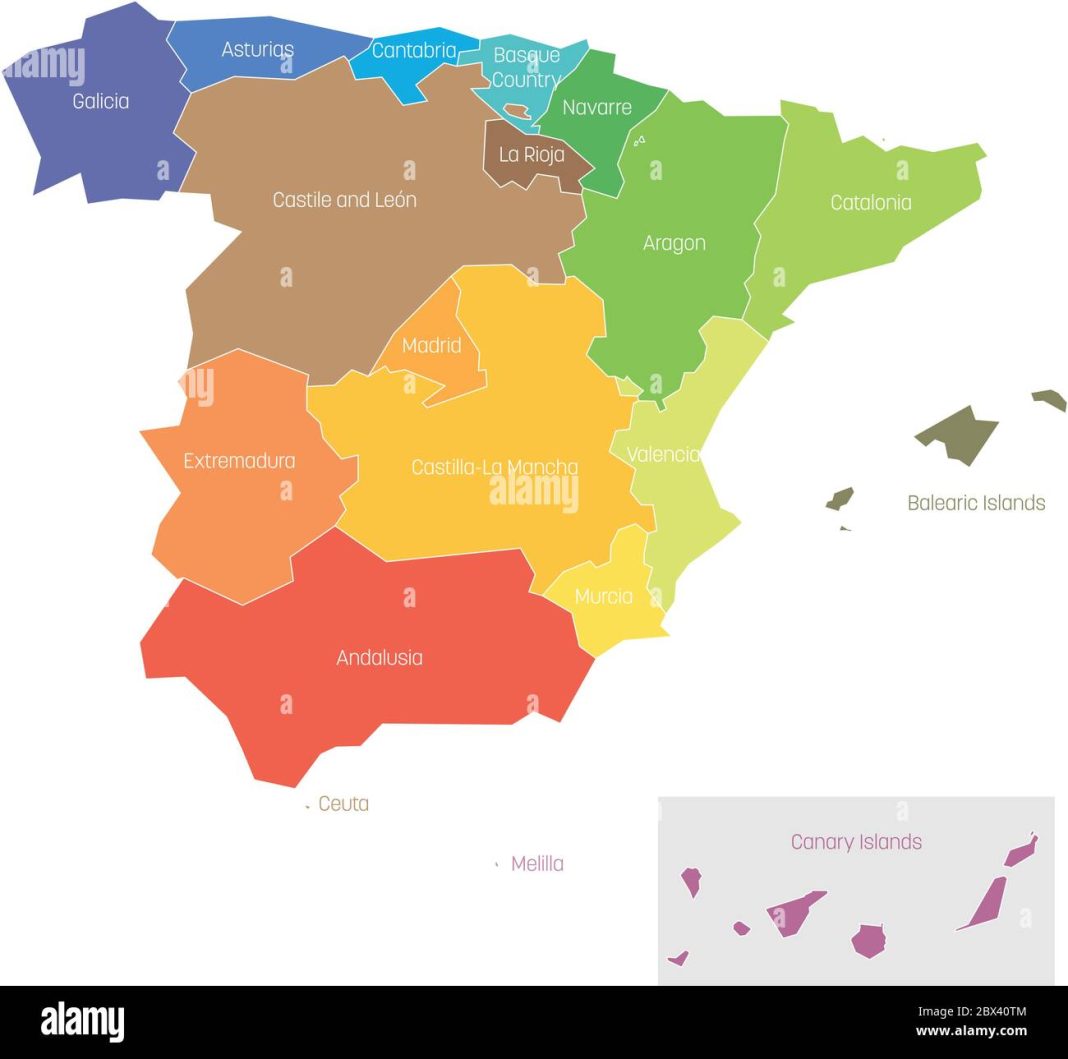 Title: Jamie Dimon Warns of Persistent Inflationary Risks and Geopolitical Uncertainty
Title: Jamie Dimon Warns of Persistent Inflationary Risks and Geopolitical Uncertainty
Introduction:
JPMorgan Chase CEO Jamie Dimon recently highlighted the lingering threat of inflation and geopolitical risks in his statement accompanying the bank’s second-quarter earnings report. While acknowledging progress made in curbing inflation, Dimon cautioned that factors such as high government spending and supply chain disruptions could keep inflation and interest rates higher than expected. Additionally, he expressed concerns about complex geopolitical tensions that could potentially impact the global economy. This article delves deeper into Dimon’s remarks, providing insights into the potential risks and their implications.
Persistent Inflationary Risks:
Dimon acknowledged the progress made in reducing inflation, with June’s year-over-year inflation rate reaching its lowest level in three years at 3 percent. However, he warned that several inflationary forces still exist, including large fiscal deficits, infrastructure needs, global trade restructuring, and a remilitarized world. These factors suggest that inflation and interest rates may remain higher than anticipated by the market.
Supply chain disruptions and rising wholesale inflation further support the concern over persistent inflationary pressures. The acceleration of wholesale inflation indicates cost increases for businesses, which are likely to be passed on to consumers. This revival of price pressures emphasizes the need for continued vigilance in managing inflation.
Geopolitical Uncertainty:
Dimon’s statement drew attention to potential macroeconomic and geopolitical clouds on the horizon. While he did not explicitly mention the specific risks, his reference to danger and military conflict alludes to Russia-NATO relations concerning the war in Ukraine and escalating tensions between the U.S. and China in the South China Sea.
S&P Global’s analysis of top risks for 2024 echoes Dimon’s concerns by identifying both Russia-NATO relations and U.S.-China relations as having the potential to disrupt global financial markets or even lead to a direct global military conflict. These geopolitical uncertainties pose challenges to economic stability and future market performance.
Implications for the Economy:
Despite market valuations and credit spreads suggesting a positive economic outlook, Dimon stressed the importance of remaining cautious about potential tail risks. He highlighted that the geopolitical situation is currently one of the most complex since World War II, with uncertain implications for the global economy.
These risks, when combined with persistent inflationary pressures, may have broader implications for the economy. Concerns have been raised by economists and market analysts, including Dimon, that the Federal Reserve’s response to combat inflation by maintaining high interest rates could potentially trigger a recession. The uncertainty surrounding the future direction of interest rates creates a challenging environment for investors and businesses.
Conclusion:
Jamie Dimon’s warning about persistent inflationary risks and geopolitical uncertainty serves as a reminder that the economy faces ongoing challenges. While progress has been made in curbing inflation, factors such as fiscal deficits and geopolitical tensions continue to pose threats. Investors and businesses must remain vigilant and adapt their strategies accordingly to navigate these uncertain times.


